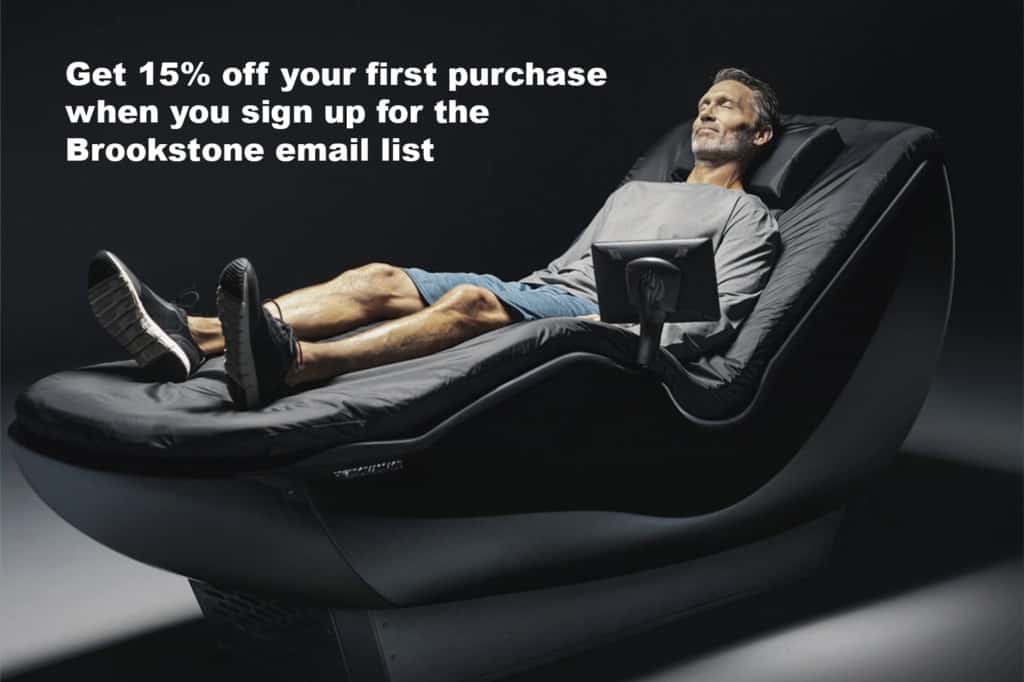About brookstone
(from their LinkedIn page and Wikipedia)
Brookstone products do surprising, useful things in unexpected ways. At Brookstone, we believe there’s always a better way to do something. And we created A World of Innovation® to prove it.
Brookstone is a chain of retail stores in the United States and China. It was founded as a mail-order business in 1965, when it started selling items. These items included dental clamps and other specialty tools. Its first physical location opened in 1973 in Peterborough, New Hampshire. The company’s headquarters are currently located in Merrimack, New Hampshire.
Brookstone now sells a wide assortment of products, including remote control helicopters and drones. Products also include alarm clocks and smartwatches, massage chairs, speakers, iPads and tablet accessories, blankets, pillows, and many other lifestyle items. Most of the products sold at Brookstone stores are designed by the company and sold under its own brand (white brand). Brookstone stores are generally found in airports and also operates an online webstore. The company is distinctive in that it allows customers to play with any product in the store before making a purchase.
Pierre de Beaumont and his wife, Mary, began Brookstone in 1965, for $500. They began mailing catalogs to thousands of hobbyists after learning accounting by correspondence. It was based in their Berkshires farmhouse, and they named the company after their farm.
When It Began
Pierre de Beaumont was known as a tinkerer, which is why Brookstone’s start and initial product base was driven around the purpose of making hard-to-find and useful items/tools. Brookstone started out as a catalog company, with local and long-distance catalog circulations. They initially were introduced from a classified ad in a Popular Mechanics magazine in 1965. The demand for the unique products that Brookstone offered developed into a strong consumer, demand-based system which led to a need for specific Brookstone retail stores.
Brookstone opened its first store in 1973 in New Hampshire. Brookstone opened many more during the next decade due to the growing success of this store; however the customer-base for Brookstone stores were almost exclusively limited to those who received their distributed catalogs.
In March 1980, the Quaker Oats Company bought Brookstone with a $9 million stock exchange.
Brookstone fixed their customer base issue in the 1980s by introducing products in their stores that were not available in their catalogs. They still focused on unique tools and household goods. New items included products focused on travel, leisure, technology, audio, and games, and even developed a hands-on experience for almost all of their products. More customers developed an interest (due to the introduction of these new products) and sales gradually increased through the 1980s.
Looking to reduce debt, Quaker announced in August 1986 they would sell off their specialty retailing group, which included Brookstone as well as Jos. A. Bank Clothiers and Eyelab. Brookstone was purchased by an investment group including Greylock Management, Duncan, Cook and Co. and Fidelity Ventures, as well as Brookstone management.
Record Sales
In 1987, sales were posted at $93 million, which Brookstone considered a record. Their income, though, was at a loss of $9.7 million, and this situation continued through the late 1980s. Even though sales were increasing, Brookstone decided to focus on ideas of creating products catered towards women. They converting their stores’ overall look driven towards a “men’s clubhouse” feeling. Store arrangements were also changed to provide a less crowded, and more comfortable atmosphere. These efforts proved to be successful as an annual positive income was made at $4.9 million, with sales at $104.6 million in the early ’90s.
Brookstone wanted more improvements. Because of this, they decided to sack its computer programming staff that worked on their retail computer system. With needs in the retail scene changing, their initial, already developed retail software systems became useful. This ended up making Brookstone’s remaining staffed programmers unnecessary, which developed into strong annual savings for Brookstone.

